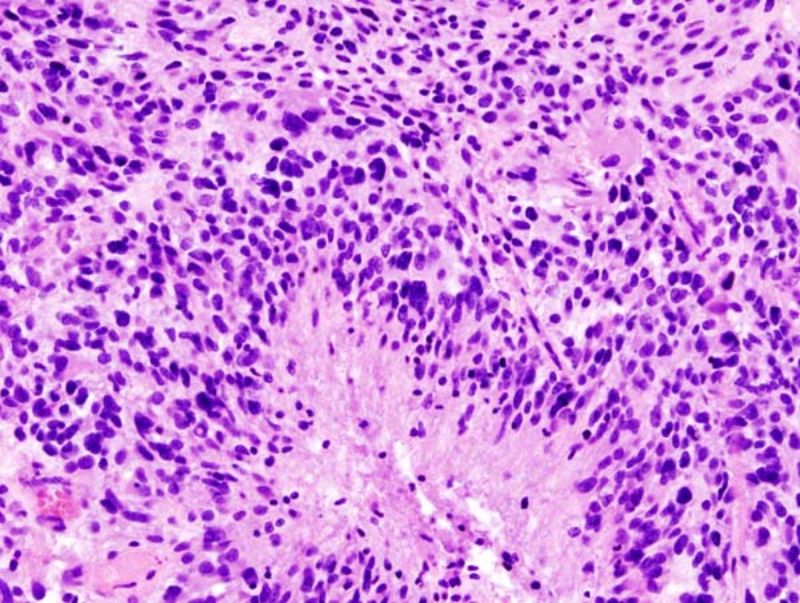
VBL Therapeutics, a clinical biopharmaceutical firm engaged in developing cancer treatments, has published clinical data from the Phase II and Phase III studies of VB-111 (ofranergene obadenovec) in recurrent glioblastoma (rGBM).
The data was published in the peer-reviewed medical journal Neuro-Oncology.

Discover B2B Marketing That Performs
Combine business intelligence and editorial excellence to reach engaged professionals across 36 leading media platforms.
VB-111, VBL’s lead oncology product candidate, is designed as a targeted anti-cancer gene-therapy agent to treat solid tumours.
The Phase II study assessed the safety, tolerability and efficacy of VB-111 with and without bevacizumab (Avastin) in patients with rGBM.
It found that the subjects who were primed with VB-111 monotherapy that was continued after progression with the addition of bevacizumab exhibited significant survival (414 vs 223 days) and progression-free survival (PFS) advantage (90 vs 60 days).
However, the GLOBE Phase III study did not find improvement in overall survival (OS) and PFS outcomes in rGBM. This study compared upfront concomitant administration of VB-111, without priming, and bevacizumab to bevacizumab monotherapy.

US Tariffs are shifting - will you react or anticipate?
Don’t let policy changes catch you off guard. Stay proactive with real-time data and expert analysis.
By GlobalDataPatrick Wen, a key investigator in both clinical trials, said: “The emerging picture from the Phase II and Phase III trials points to study regimen as a key factor for ofranergene obadenovec efficacy in rGBM.
“These results warrant further assessment of ofranergene obadenovec, which we intend to advance in a new randomised, controlled, clinical trial in patients with rGBM undergoing a second surgery.”
Currently, VB-111 is also being studied in a Phase III pivotal study in ovarian cancer. The interim data of the study is expected to be published in the first quarter of this year.
Glioblastoma is an aggressive brain cancer that develops primarily in the brain or spinal cord. rGBM refers to the recurrence of the disease, usually found near the site of the original tumour.





